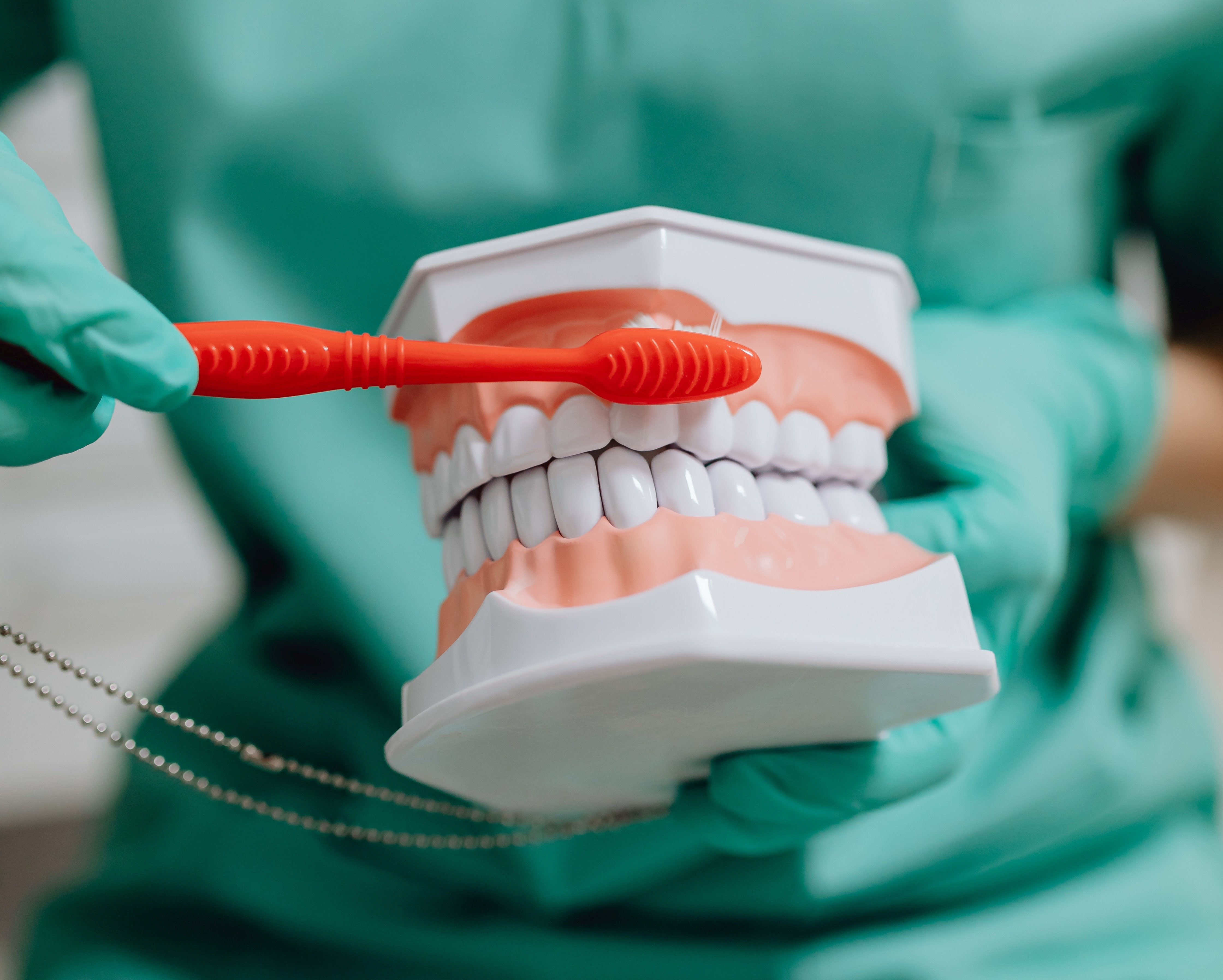Root Canal Procedure in Erie, PA
A root canal is one of the most common dental procedures. Millions of people have a root canal performed every single year. Although they are common, root canals can be a source of stress and anxiety for many patients, as they often come with a predisposition that root canals are painful. At Sleep Dentistry, our staff is experienced in performing root canal procedures. We provide a comfortable dental experience for those who may have dental phobias or anxieties and offer safe dental anesthesia.
Your tooth pulp is guarded by layers of dentin, which is all completely covered by enamel. Tooth pulp is housed inside your mouth’s root canal and contains your blood vessels and nerves. In some cases, oral bacteria can infect your tooth pulp, leading to a variety of dental issues, one of which being abscesses (a buildup of pus caused by the infection). Once your tooth becomes infected, there’s a high possibility it may begin to decay. During a root canal procedure, your infected dental pulp and the abscess is removed, cleaned, and sealed with a dental crown.

How Do You Know If You Need a Root Canal?
At Sleep Dentistry, we recommend that you come in for a general checkup if you’re experiencing any oral pain or discomfort. However, it’s also important to know the signs that could indicate tooth decay and require a possible root canal procedure. If you think you may need a root canal procedure, here are some main signs to look for:
- Severe tooth pain and sensitivity while engaging in normal activities
- Tooth or gum pain that persists for an extended period of time
- Tooth darkening or discoloration
- Noticeable chips or cracks on your tooth
- Small, pimple-like bumps on your teeth
Although you may have some reservations about root canals because of the general idea that they are an extremely painful procedure, your oral health contributes to your overall health. It’s crucial to catch these signs before they progress to prevent any further damage to your teeth and gum health. With modern technology and local anesthesia, root canals aren’t any more painful than other common dental treatments.
Frequently Asked Questions
How long do root canals take?
It’s not uncommon for root canal procedures to only take 30 minutes, however, you can expect an appointment anywhere from 30 to 90 minutes depending on your specific dental procedure. Your entire root canal procedure will take about one or two appointments to complete.
What causes a root canal?
Root canals most commonly occur when your tooth has become infected and begins to decay. Your tooth pulp and nerves are then removed to prevent further damage to your teeth. You may also need a root canal if the nerves of your tooth have been harmed by your tooth having been chipped or cracked. When your tooth is chipped or cracked, that creates the possibility for bacteria to harm your tooth pulp.
Can an abscess come back after a root canal?
If your tooth’s infection has been completely treated and your root canal was performed with optimal dental hygiene, it’s unlikely for an abscess to return via the same tooth. If you have another infected tooth, it is possible that that additional tooth could develop an abscess.
What can I eat after a root canal?
After you’ve had a root canal procedure performed, you should treat it like any other dental restoration treatment. To keep your pain level down, avoid any crunchy or sticky foods, as that could irritate your mouth. You also should avoid any overly hot or cold food items and beverages, as your teeth will be sensitive after this procedure. As a rule of thumb, only consume soft foods that won’t irritate your teeth, such as yogurt, lukewarm soup, applesauce, juice, and eggs.
How long does a root canal take to heal?
Root canals can take a few days to a week to heal, which is a very small amount of time for a serious dental procedure. Be sure to follow your dentist’s recommendations for recovery, as failing to do so can extend your healing time.
